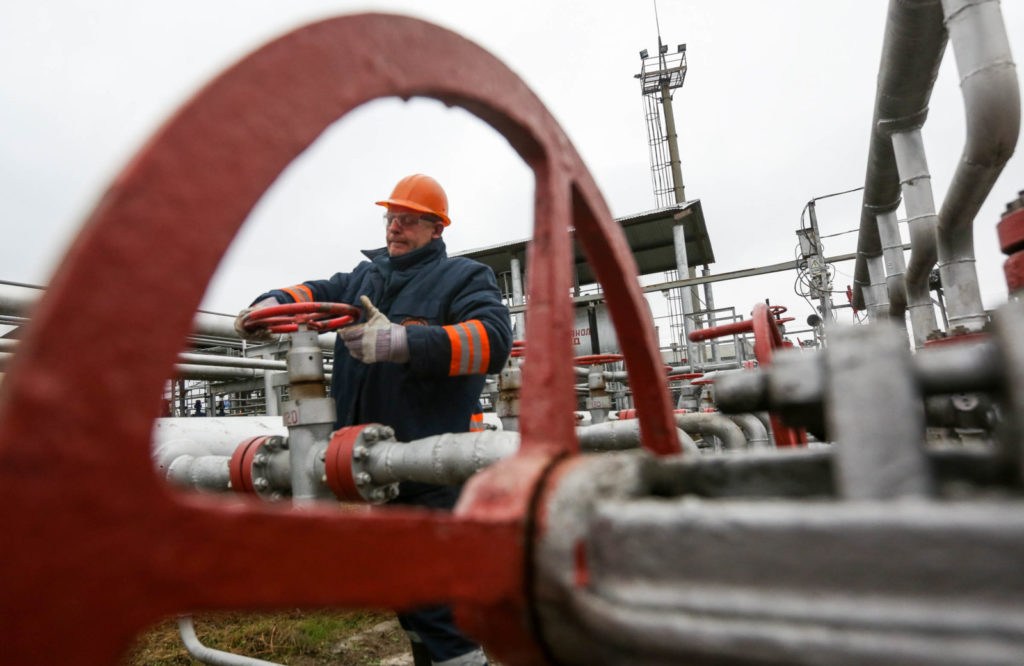Kiev and Moscow announced Monday night that following difficult negotiations they have finally signed a contract concerning the transit of Russian gas for Europe via the Ukraine, removing the fears of a new energy crisis in midwinter.
"The Ukraine has signed a five-year transit contract," Volodymyr Zelensky, Ukraine's president announced on Facebook. "Europe knows we will not give up on it," he assured.
"The final accords were reached following five days of uninterrupted negotiations in Vienna. A whole series of documents was signed," Alexei Miller, head of Russian gas giant Gazprom confirmed to Russian news agencies.
These documents will allow the continued "transit of gas after 31 December," the existing contract's expiration date, he added.
The two countries thus finalised the draft agreement signed on 20 December by both parties, pursuant upon months of difficult negotiations with the participation of the European Union.
Despite the initial agreement in principle, talks aiming to finalise it proved to be very tense, giving rise to fears of a last minute failure risking the disruption of the supply to European countries.
Maros Sefcovic, a member of the European Commission who followed the negotiations, welcomed on Twitter "all the hard work and efforts" leading to the final agreement, which "safeguards the continuous flow of gas to Europe from January 1 2020."
The new contract envisages that Gazprom will channel at least 65 billion cubic metres of gas via the Ukraine next year, thereafter at least 40 billion a year from 2021 to 2024, Zelensky stated, which should earn Kiev a total of "more than seven billion dollars."
The contract is part of a wider agreement for which Gazprom on Thursday paid 2.9 billion dollars (penalties and interest) to its Ukrainian counterpart Naftogaz, bringing a long tussle in the international courts to an end.
In exchange, Naftogaz abandoned all other legal action against Gazprom in the Ukraine and the West.
The Moscow-Kiev agreement enables another gas war between these two neighbours to be avoided. Their previous disputes had affected European supplies in January 2006 and 2009.
Thanks to the Ukraine gas transit, Europe's dependency on Russian gas (35% of its consumption) decreases.
The Brussels Times

